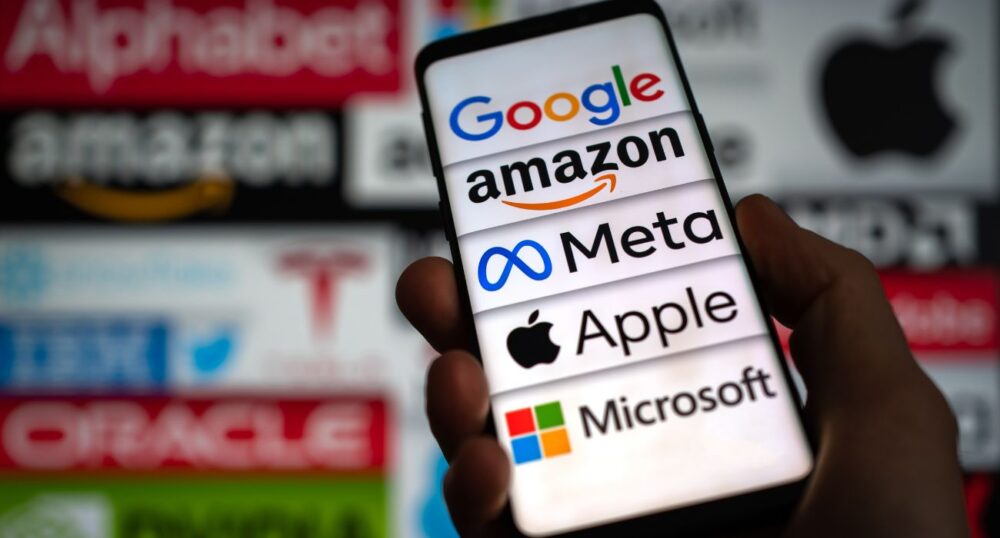In recent years, the Biden Administration has made it a priority to attack the products and services Americans use and value most, pushing a politically motivated antitrust agenda that big is always bad, regardless of consumer preferences. Nowhere is this more evident than in tech, which they have made a prime target, suing companies that are widely used by Americans like Amazon, Meta and Google on grounds that they are simply “too big.”
Biden’s regulatory regime first attacked Google’s search engine and has since filed suit against Amazon for curating consumers’ online marketplace of choice. Now, they have placed Apple in their crosshairs, arguing that its business practices—used in creating its popular smartphone user experience—are somehow bad for consumers regardless of the value and utility they provide.
In doing so, they have sought to overturn a long-established and cherished precedent called the consumer welfare standard. As exemplified in judge Robert Bork’s The Antitrust Paradox, this standard holds that antitrust enforcement is warranted only if a company’s practices result in clear and demonstrable harm to consumers. It was a crucial and groundbreaking distinction in Bork’s time, because it provided much-needed purpose and clarity to antitrust law. Since then, the wellbeing of consumers has largely served as a guiding light in making difficult and otherwise complicated decisions over when, where, and how to bring antitrust enforcement action.
The Biden DOJ and FTC, spearheaded by Jonathan Kanter and Lina Khan, are trying to overturn this standard and replace it with sweeping generalizations which can be exploited and leveraged for political gain. In doing so, Kanter, Khan and their associates are opening the door to selective antitrust enforcement and eroding the factual basis which has served to underpin its legitimacy.
This approach will cast a chilling effect across industries with potential to result in significant harm to consumers and our economy. The lawsuit against Apple in particular is an example of this new approach undermines and degrades the products and services consumers use and value most. Apple’s user experience is the foundation of its brand, and consumers have embraced its products in large part because they trust Apple to maintain that experience.
As evidenced by the implementation of the highly-flawed Digital Markets Act in Europe, we are already seeing the consequences of this approach for consumers play out in real time. Rather than seeking to rein in anticompetitive practices, the DMA—like Biden’s FTC and DOJ—focuses instead on protecting competitors from their competition, propping up companies which have failed to compete on their own merits in the market at a very real cost to consumers through the forced worsening of their preferred tools and services. This approach sends a clear message that a company’s success alone provides ample grounds to punish it, even if its actions have only served to benefit users.
These lawsuits against tech companies are not the Biden Administration’s first attempt at forcing the implementation of anti-consumer policies through antitrust action—they have already been called out for colluding with EU regulators to bypass protections enshrined in U.S. law. Now, the DOJ’s lawsuit against Apple seeks to compel it to actively assist its competitors, for example—an absurd practice the U.S. Supreme Court has already struck down, yet one which the EU has no qualms about pursuing.
As these lawsuits play out, the irony of the situation is striking: in the name of protecting consumers, the Biden Administration is actively undermining their ability to satisfy their preferences and degrading their experience. The EU’s approach to stifling market competition is hardly a recipe for success, and one which we would do well to avoid.


